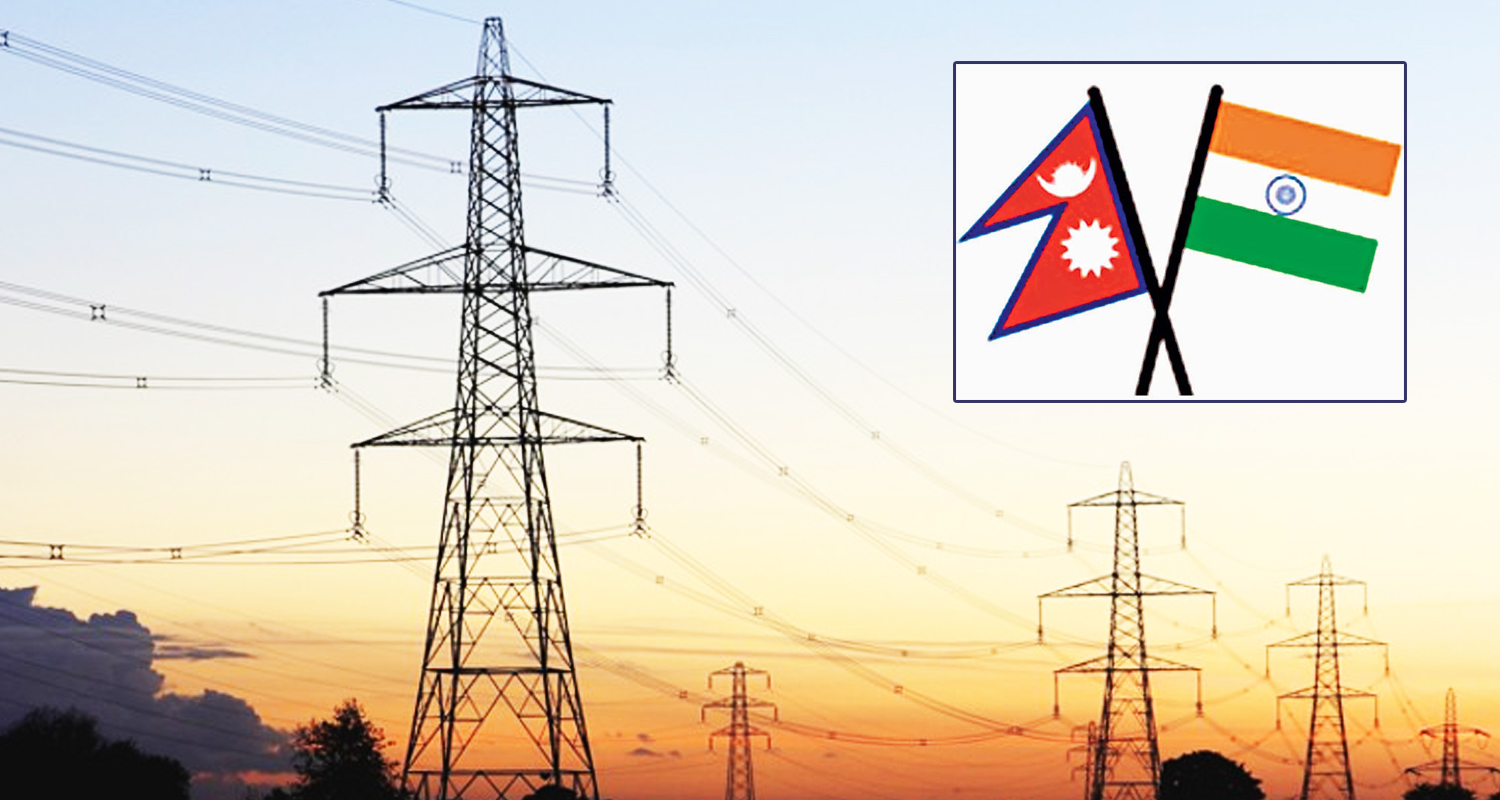
Kathmandu: Hydropower promoters from the private sector have urgently appealed to the government to grant them permission to trade electricity, citing their eligibility to engage in both domestic and international electricity trading.
With successful electricity generation from hydropower projects, the private sector is confident in their ability to contribute to electricity trading. They have demanded immediate authorization for both domestic and international transactions.

Krishna Prasad Acharya, the President of the Independent Power Producers' Association, Nepal (IPPAN), addressed the 21st general meeting of IPPAN, emphasizing the importance of allowing the private sector to participate in electricity trading and the construction of hydropower projects.
"Just as electricity production cannot increase without private sector involvement, the scope of business cannot expand without their participation. We possess the necessary qualifications and readiness to engage in electricity trading," President Acharya stated. He further urged the government to grant permission and create a conducive environment, considering that the government alone is unable to meet the growing demand for electricity. Over the past three decades, the private sector has played a leading role in hydropower production.

President Acharya highlighted that while the government introduced the Electricity Act of 2049 BS, which permitted the private sector to construct hydropower projects, the private sector now seeks to be actively involved in the electricity business. He emphasized Nepal's potential to reduce carbon emissions, stating, "Nepal has significant potential for clean energy, including hydro and solar power."
Additionally, Chandra Prasad Dhakal, President of the Federation of Nepalese Chambers of Commerce & Industry (FNCCI) expressed that the Indian private sector is poised to make substantial investments in Nepal's energy sector. Dhakal noted, "The rapid development of the hydroelectricity sector has been possible due to the participation of the private sector, whether in infrastructure development, cement production, or electricity generation."
Likewise, Bishnu Kumar Agarwal, President of the Confederation of Nepalese Industries (CNI), stressed the significance of the energy sector in Nepal's prosperity. He hailed the historic agreements to import 10,000 megawatts of electricity from India and 50 megawatts from Bangladesh. However, Agarwal acknowledged the challenges faced by the private sector in Nepal and highlighted that energy serves as the foundation for overcoming the nation's economic difficulties.
Meanwhile, Shakti Bahadur Basnet, the Minister of Energy, Water Resources, and Irrigation, has called upon the private sector to make necessary preparations for engaging in the electricity business. He emphasized that the recent visit of the Prime Minister to India has marked a significant breakthrough, leading to a substantial shift in the current circumstances. "Neither India nor Nepal is the same as before," he stated.